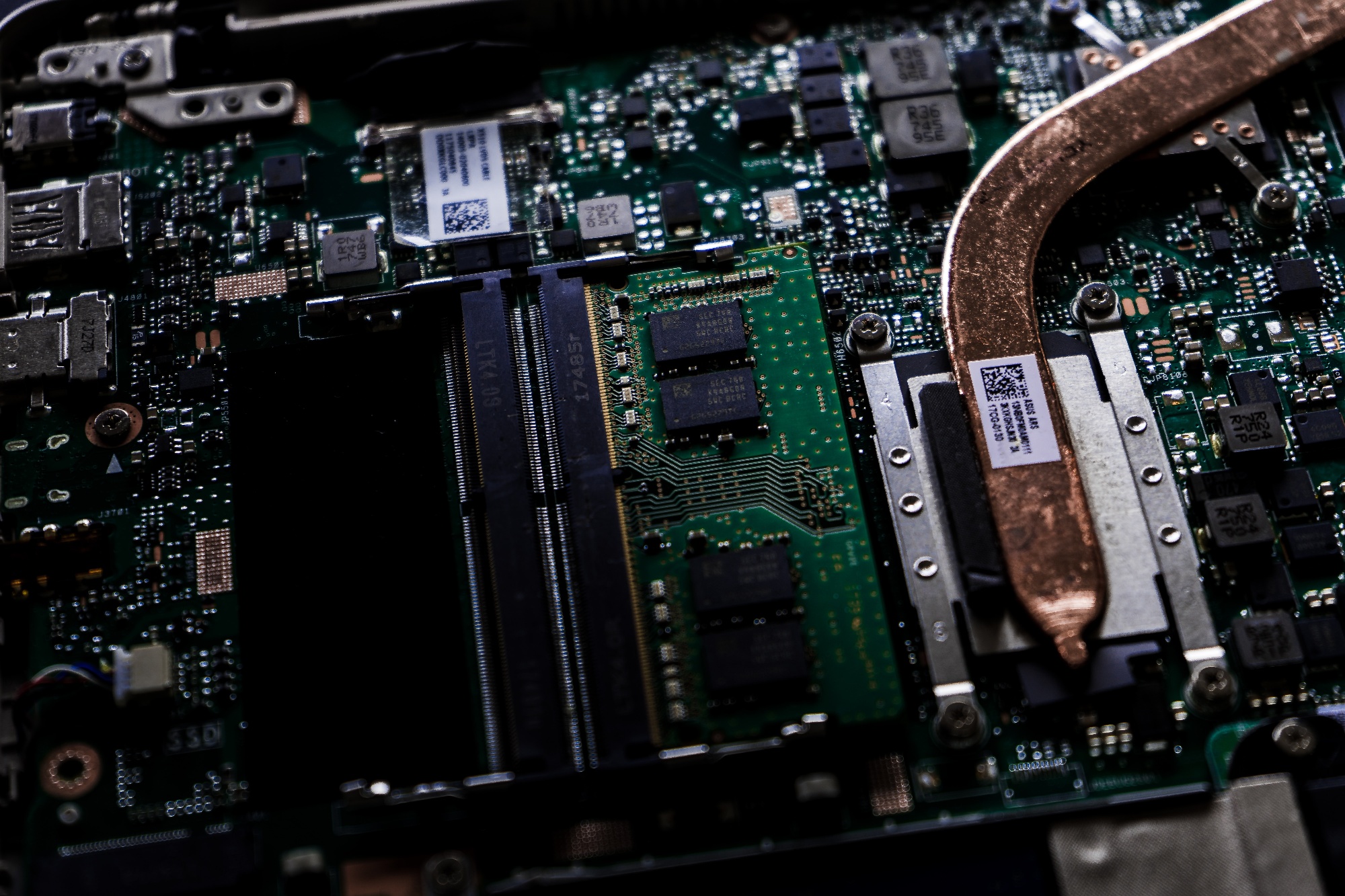- Electronics vs. Mechanics
- Historical review
- Reliability in electronic sector
- Common reliability procedures
System analysis:
- Definition of system boundaries
- Identification of failure modes
- Environmental impacts
- Exemplary system analysis
Basics of statistical metrics:
- Why statistics?
- Practical related metrics
- Probability distributions
Reliability in the development of electronic systems:
- Methodical prodecure
- System architecture/block diagram
- System boundaries & interfaces
- Reliability Prediction
- Classification of the components
- FMEA/FMECA
- Design Reviews










.jpg?width=200&name=Holland%20Innovative%20summer%20academy%20-%20Project%20Management%20Masterclass%202%20(2).jpg)